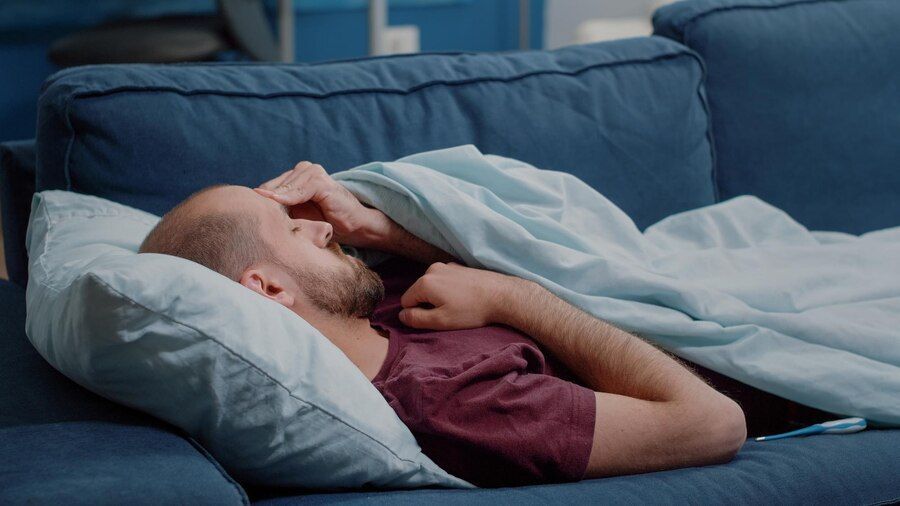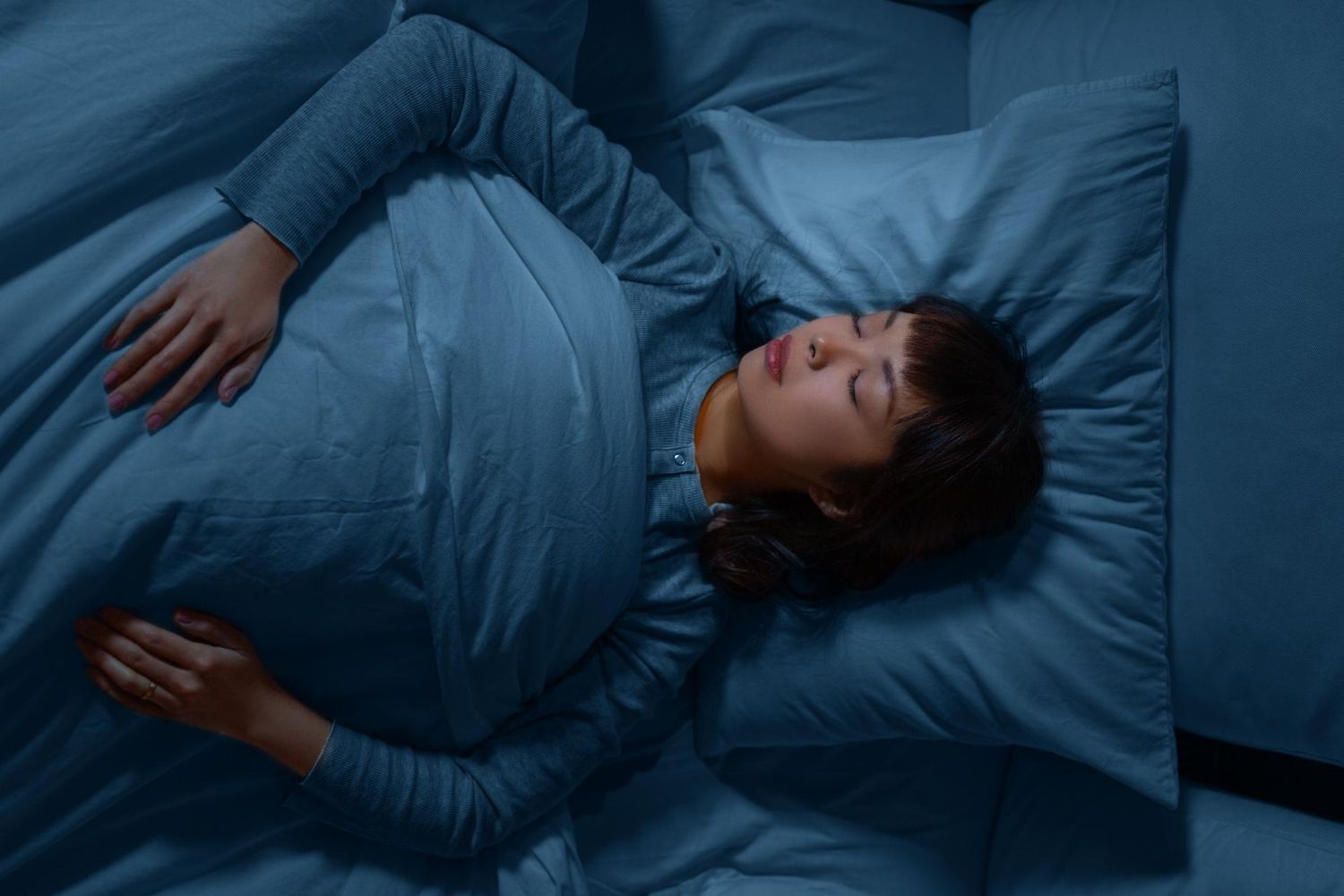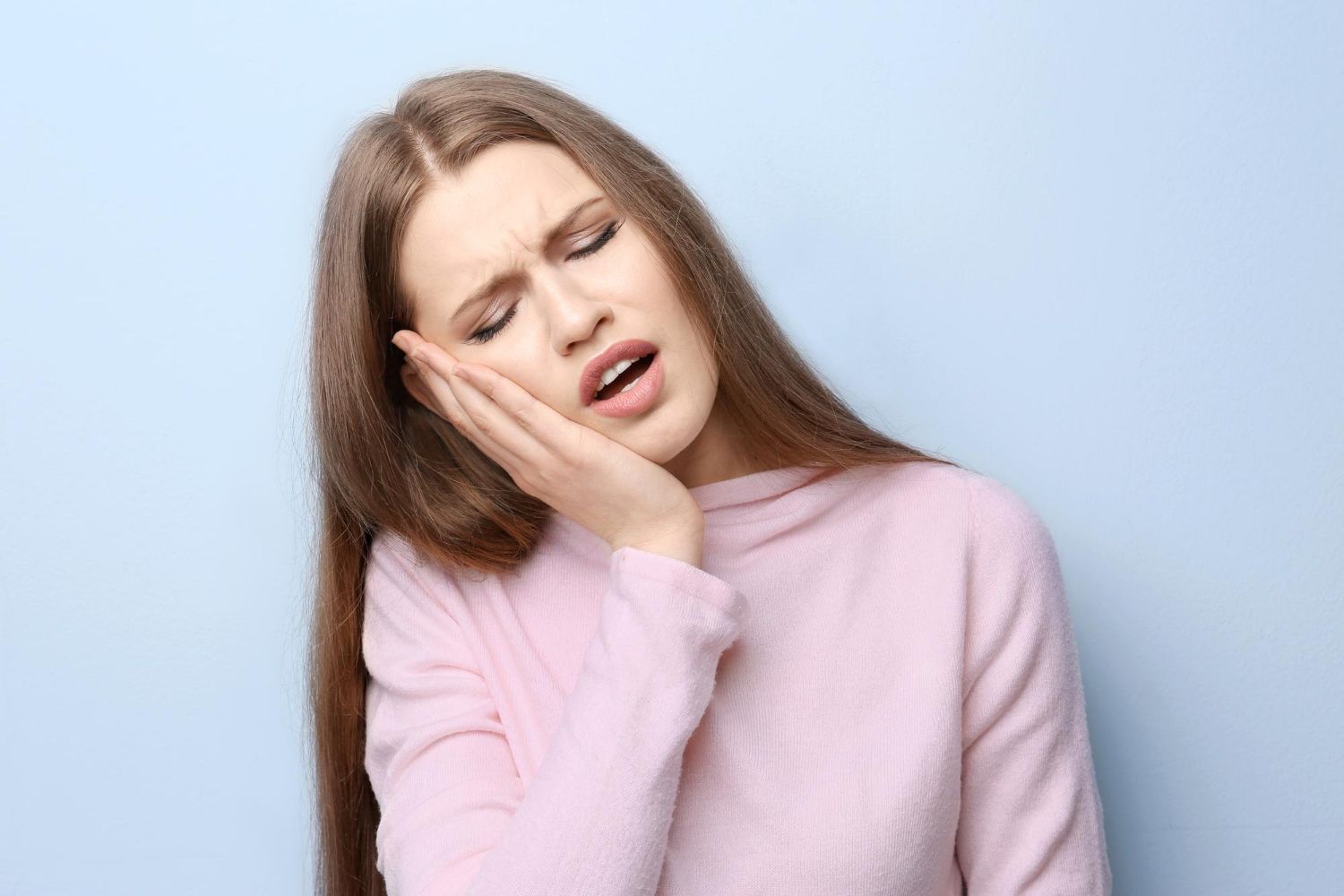Understanding the Relationship Between Sleep Apnea and TMJ Disorders

Sleep apnea and temporomandibular joint disorders (TMD) are two prevalent conditions that can significantly impact an individual's quality of sleep and overall well-being. While these conditions may appear unrelated at first glance, research has discovered a strong connection between sleep apnea and TMJ disorders. Understanding this relationship can lead to more effective treatment plans and improved patient outcomes. The Center For Sleep Apnea and TMJ in Meridian focuses on addressing both of these conditions, offering a comprehensive and integrative approach to providing relief and improving our patients' quality of life.
In this blog, we explore the connection between sleep apnea and TMJ disorders and discuss the specialized treatment solutions offered by our expert team at The Center For Sleep Apnea and TMJ in Meridian. By recognizing the relationship between these conditions and seeking effective treatment, individuals suffering from sleep apnea or TMJ disorders can experience relief from their symptoms and enjoy a more restful and healthful sleep.
Sleep Apnea: An Overview
Sleep apnea is a common sleep disorder characterized by repeated pauses in breathing during sleep due to complete or partial obstruction of the upper airway. These pauses in breathing lead to reduced oxygen levels, disrupted sleep, and several health risks. Obstructive sleep apnea (OSA) is the most common form of the condition, affecting millions of individuals worldwide. Symptoms of OSA include loud snoring, gasping or choking during sleep, excessive daytime sleepiness, and morning headaches.
TMJ Disorders: An Overview
Temporomandibular joint disorders (TMD) involve dysfunction in the temporomandibular joint and the muscles surrounding it. This joint connects the jawbone to the skull and is responsible for various actions, including chewing, talking, and yawning. TMD can result from various factors such as genetics, injury, teeth grinding, and arthritis, leading to symptoms like jaw pain, difficulty opening or closing the mouth, clicking or popping sounds, and headaches.
The Connection Between Sleep Apnea and TMJ Disorders
Research has found a strong connection between sleep apnea and TMJ disorders, demonstrating that individuals with one condition are more likely to suffer from the other. Some key factors linking these conditions include:
1. Structural Factors
Upper airway obstruction, a primary cause of sleep apnea, can also contribute to TMJ disorders. Structural abnormalities within the jaw or airway, such as a small or recessed jaw, can lead to both upper airway obstruction and TMJ dysfunction.
2. Airway Muscle Dysfunction
The muscles that support the airway and temporomandibular joint are interconnected. Dysfunction in these muscles, due to injury or other factors, may result in both sleep apnea and TMJ disorders.
3. Teeth Grinding (Bruxism)
Teeth grinding, a common symptom of sleep apnea, can also contribute to TMJ disorders. Grinding places extreme stress on the jaw joint and surrounding muscles, often leading to TMJ dysfunction.
4. Sleep Position
Sleeping in certain positions, particularly on one's back, can exacerbate both sleep apnea and TMJ disorders. This sleep position can cause the tongue and soft palate to collapse to the back of the throat, obstructing the airway and placing strain on the temporomandibular joint.
Treating the Connection: Comprehensive Care for Sleep Apnea and TMJ Disorders
Addressing the connection between sleep apnea and TMJ disorders requires a comprehensive and integrative approach to treatment. The Center For Sleep Apnea and TMJ in Meridian offers a range of effective treatment options for managing both conditions:
1. Custom Oral Appliances
An oral appliance can simultaneously address sleep apnea and TMJ disorders. By positioning the jaw and tongue in a way that maintains an open airway, the device can reduce airway obstruction, alleviate sleep apnea symptoms, and mitigate TMJ pain.
2. Continuous Positive Airway Pressure (CPAP) Therapy
While CPAP therapy primarily targets sleep apnea, it can also indirectly improve TMJ symptoms. By ensuring a stable airway and reducing the prevalence of teeth grinding, CPAP therapy can alleviate some of the strain on the jaw joint caused by sleep apnea.
3. Physical Therapy and Exercises
For individuals dealing with both sleep apnea and TMJ disorders, physical therapy and exercises focusing on strengthening and relaxing the jaw and airway muscles can provide relief and improve the overall function of the jaw and airway.
4. Lifestyle Modifications
Lifestyle changes, such as weight loss, sleep position adjustments, and stress management, can help to address both sleep apnea and TMJ disorders. These modifications can improve overall health and well-being while reducing the severity of both conditions.
Conclusion:
Understanding the connection between sleep apnea and TMJ disorders is crucial for developing effective treatment solutions. If you're struggling with sleep apnea, TMJ disorders, or both, The Center For Sleep Apnea and TMJ in Meridian is here to provide the expert care and tailored treatment plans necessary for your journey toward relief and better sleep. With our comprehensive treatment options and a patient-centered approach, we can help you find the solution that works best for your unique needs. Schedule a consultation with our
Meridian sleep apnea clinic to begin your journey to better sleep and TMJ relief.










